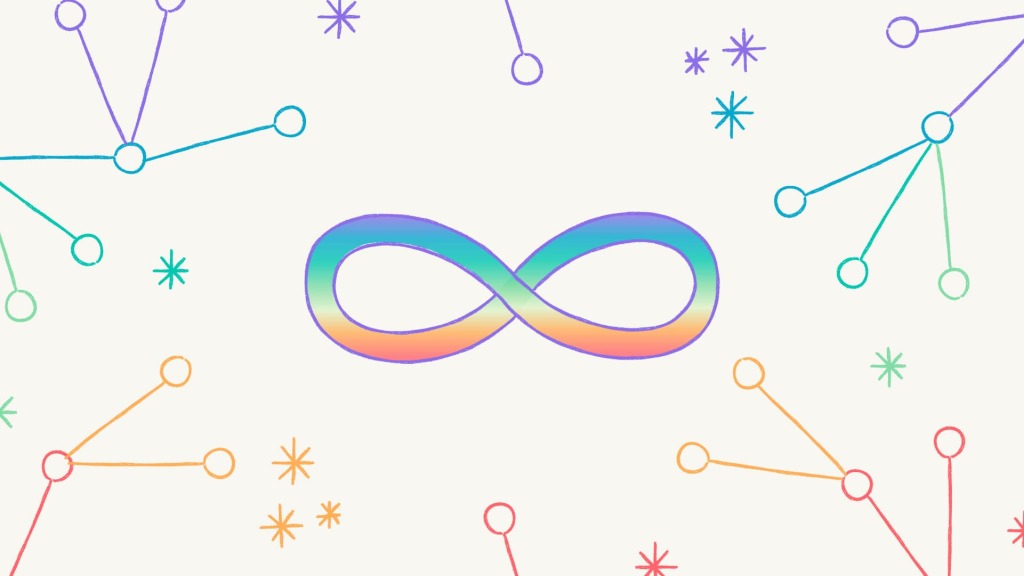
- 2 mins
What Does Autism Acceptance Really Mean?

How do you date or befriend someone on the Autism Spectrum? How do you support your friend who disclosed to you that they are autistic? What do you say, and how do you relate to this person? Easy – you do exactly what you do with any person you want to get to know: you listen, truly listen, and show patience, respect and care whenever you can.
We often forget that many great minds and exceptionally talented people are autistic. Here are a few that you might not have known about:
We rarely hear of many more autistic adults who have accomplished extraordinary achievements, but then millions more are just like you and me. They might be the lady at the till in the grocery store or the teacher in class. They might be your partner or your child.
When you notice someone might have autistic traits, or perhaps they mention to you that they are on the spectrum, take a moment to appreciate their resilience to living in a world built for neurotypical minds. There is almost always a barrage of sensory input – from loud cities to flashing lights and unpredictable events occurring all around us. For most people, we can numb these sounds, sights, smells, overwhelming tastes, and feelings, but for most autistic individuals, it is a conscious process and a difficult one.
It might not be that you hear the traffic as intensely as they do, but their sensory system might be overwhelmed. Respect this and offer a quieter place to meet in public.
Many neurodivergent individuals need some processing time with abstract information or perhaps a different way of explaining concepts that are not as factual as they would like. Provide this to them when possible – it will make your communication style easier for them to understand and also create an easier way for you to connect.
I have found that asking my partner what he requires helps me understand his needs better than guessing or “problem-solving” myself. Try not to be shy to ask when you need more information on how to interact best or ask questions about which environments or topics are better for them to be in or discuss.
Many neurodivergent individuals have special interests. They can tell you everything about dinosaurs or the origin of each genre of music. These topics can be fascinating, but it is important to your friend or partner. Make sure you show a keen interest in learning about it.
Many autistic individuals mention that their partners or friends often feel they are rude. This might be due to their directness and not always understanding why a topic should be broached with sensitivity. You can ask them to rephrase a specific request or ask their intentions for speaking about said topic. We can often defuse a situation by looking at the intent behind a statement. According to Juan et al. (2013), there is an overlap between love and intention when introspections about self are focused on.
Most importantly, enjoy each other. You are on an extraordinary and exciting journey together of learning from and with each other.
Juan E, Frum C, Bianchi-Demicheli F, Wang Y-W, Lewis JW and Cacioppo S (2013) Beyond human intentions and emotions. Front. Hum. Neurosci. 7:99. doi: 10.3389/fnhum.2013.00099